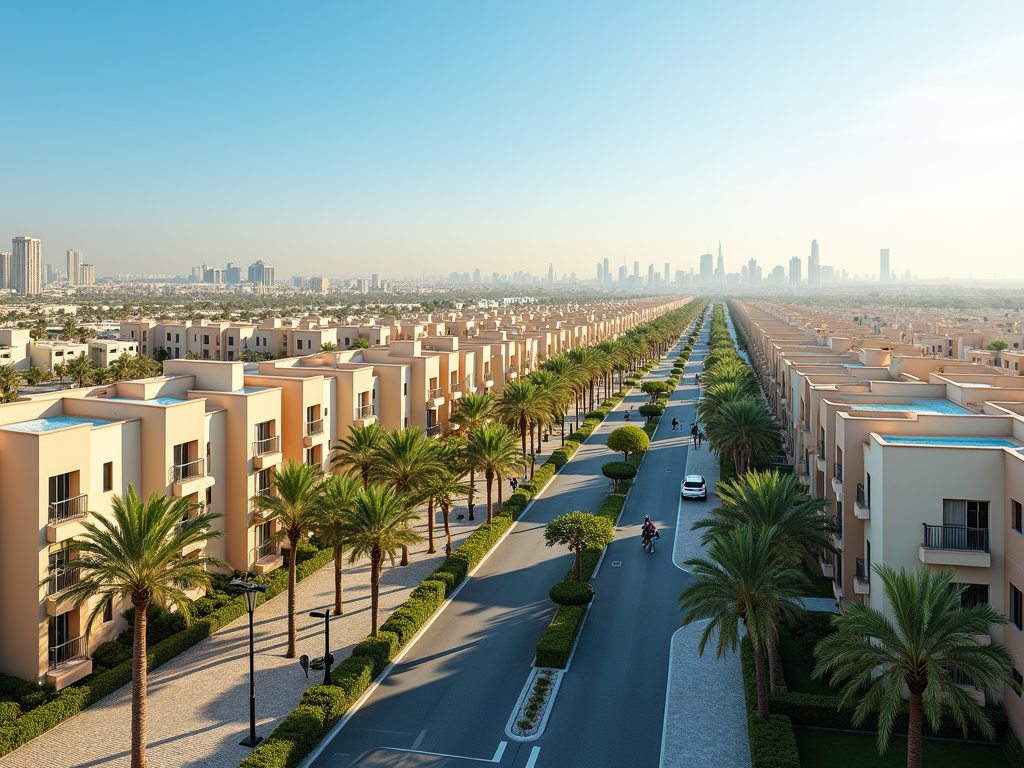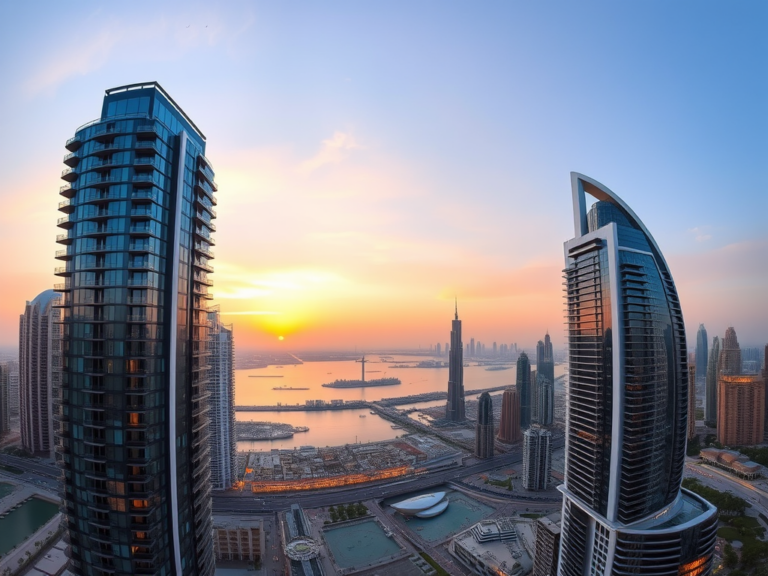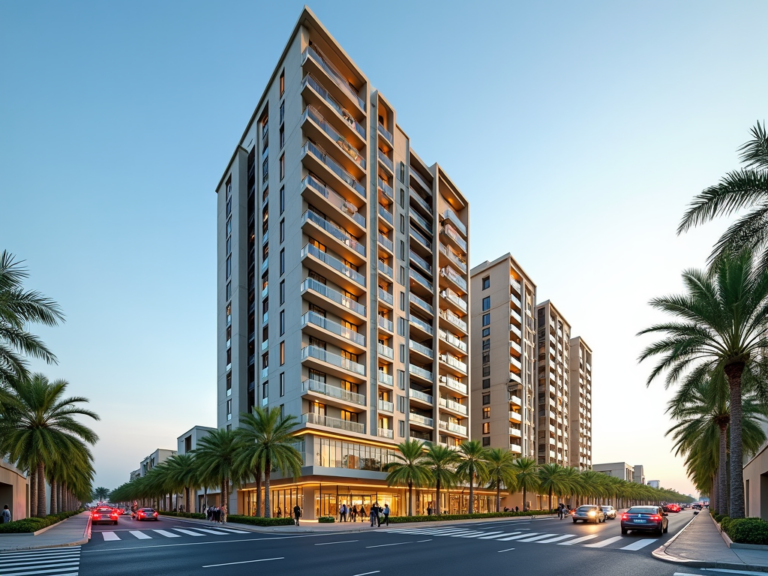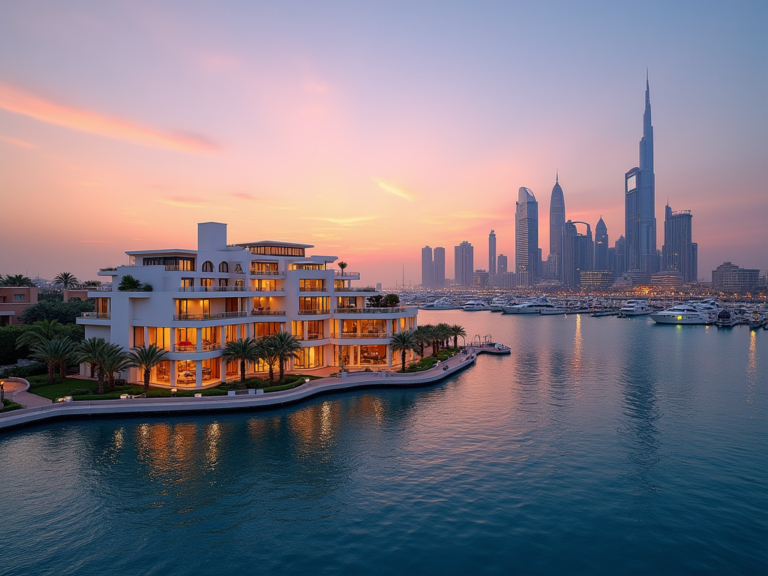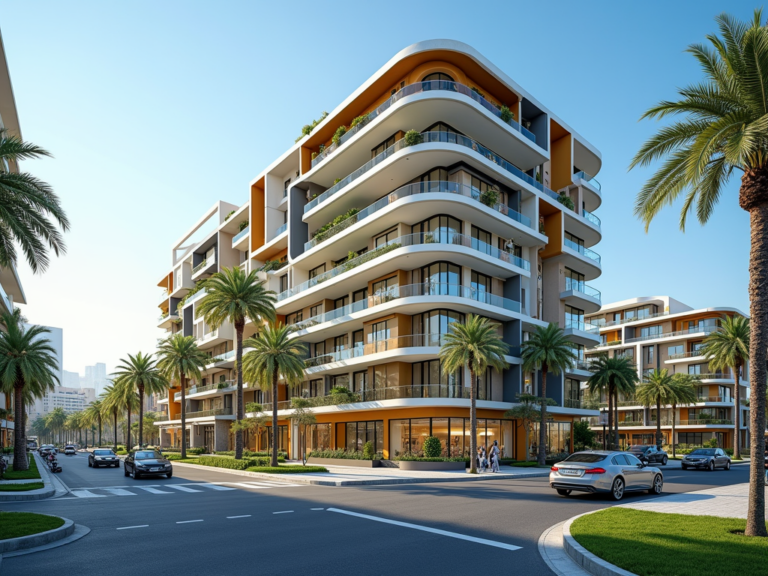Dubai’s affordable housing market is emerging as a lucrative sector for investors, presenting unique opportunities in an otherwise high-cost real estate environment. With a growing population, increasing demand for affordable living spaces, and supportive government initiatives, Dubai is carving a niche for itself in the affordable housing segment. This article will explore the current state of the affordable housing market in Dubai, the factors fueling its growth, and what investors should consider when diving into this promising sector. By examining these elements, potential investors can better position themselves to capitalize on this dynamic market.
The State of Dubai’s Affordable Housing Market

The affordable housing market in Dubai is characterized by a steady increase in supply and demand, driven by the city’s rapid growth and ongoing economic development. Aiming to meet the needs of low to middle-income residents, various developers have begun to focus on constructing projects that cater to this demographic. This trend is taking place against a backdrop of rising rental prices and property values, which has intensified interest in more budget-friendly options. Current estimates suggest that the affordable housing sector represents approximately 30% of the total real estate market, demonstrating its importance. Furthermore, the Dubai government has launched initiatives and policies that support affordable housing projects, making it easier for investors to enter this segment.
Key Drivers of Growth in Affordable Housing

Several factors are fueling the rapid growth of the affordable housing sector in Dubai, making it an attractive opportunity for investors:
- Population Growth: Dubai is experiencing a surge in population due to expatriate workers seeking opportunities in the city, which increases demand for affordable housing options.
- Government Initiatives: The Dubai government has implemented various programs to facilitate affordable housing projects, including funding assistance and regulatory support.
- Investment Incentives: Investors are enticed by low entry prices and high returns on investment, encouraging more players to participate in the affordable housing market.
- Increased Rental Demand: With rising housing costs in the premium segments, more people are opting for affordable housing, thereby increasing rental demand and occupancy rates.
- Strategic Location: Properties located near key amenities, transportation links, and business hubs are highly sought after, making affordable housing in these areas particularly attractive.
While the affordable housing market in Dubai presents numerous opportunities, investors should also be aware of certain challenges that could impact their decisions. Understanding these challenges can help mitigate risks and maximize returns on investment:
- Market Saturation: As more developers enter the affordable housing space, the market may face saturation, leading to potential price competition and decreased profitability.
- Quality Concerns: Some affordable projects may compromise on quality and design, affecting long-term value and tenant satisfaction.
- Regulatory Changes: Investors must stay updated on regulatory changes that could influence the affordable housing landscape, such as zoning laws and leasing regulations.
- Financing Issues: Securing financing for affordable housing projects can be challenging, particularly for new entrants unfamiliar with the market dynamics.
- Tenant Stability: Understanding tenant demographics is crucial, as fluctuations in occupancy rates can affect income stability.
Conclusion
Dubai’s affordable housing market is brimming with opportunities for savvy investors who recognize the substantial potential for growth in this dynamic sector. By understanding the market, leveraging government initiatives, and navigating the challenges, investors can position themselves for success in an ever-evolving landscape. With careful planning and informed decision-making, entering the affordable housing market in Dubai could yield significant returns while contributing to the city’s ongoing development and socioeconomic stability.
Frequently Asked Questions
1. What defines affordable housing in Dubai?
Affordable housing in Dubai refers to residential properties that are accessible to low to middle-income residents, typically characterized by lower purchase prices or rents compared to the wider market.
2. How is the Dubai government supporting affordable housing?
The Dubai government supports affordable housing through various initiatives, including funding assistance, regulatory frameworks that facilitate development, and programs aimed at enhancing housing accessibility.
3. What are the risks involved in investing in affordable housing?
Risks include market saturation, fluctuating demand, regulatory changes, potential issues with financing, and tenant stability that could influence the profitability of investments.
4. Are there specific areas in Dubai known for affordable housing?
Yes, certain areas in Dubai, such as International City, Dubai Investments Park, and parts of Dubai South, are gaining recognition for their affordable housing developments.
5. What are the potential returns on investment in this sector?
Potential returns can vary widely based on location and property management strategies, but investors often anticipate returns in the range of 7% to 10% per annum in stable affordable housing markets.
